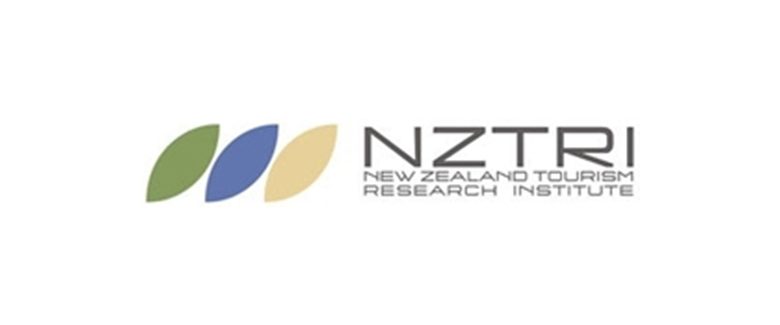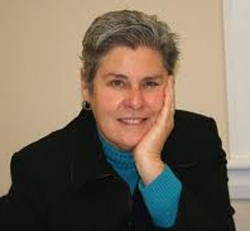
Researching the tourism experiences and needs of people with hearing loss
Sandra Rhodda is Director of Access Tourism New Zealand and Access Tourism Research Programme Leader at the New Zealand Tourism Research Institute (TRI), Auckland University of Technology and she writes about a travel related research project she is currently working on.
 I work in the area of Access Tourism (also known as Accessible Tourism, Inclusive Tourism), because I see such work as a tool to improve access not only in tourism, but in all walks of life. Access Tourism is tourism, travel, hospitality, and leisure for people with long-term or temporary disabilities, people such as seniors who may not be as mobile as they once were, ageing Baby Boomers, parents with pushchairs, travellers with heavy luggage – in fact anyone who has a need for better access. This group of people is already large and is about to get even larger because Boomers are ageing and disability increases with age. I believe that by showing the tourism industry that there is an economic imperative to improve access, they will do so because it affects their bottom line. Other sectors will see that they are missing out on a large and growing customer sector and will themselves improve access. I write almost daily about global issues in Access Tourism and peripheral subjects on my Access Tourism New Zealand Twitter page.
I work in the area of Access Tourism (also known as Accessible Tourism, Inclusive Tourism), because I see such work as a tool to improve access not only in tourism, but in all walks of life. Access Tourism is tourism, travel, hospitality, and leisure for people with long-term or temporary disabilities, people such as seniors who may not be as mobile as they once were, ageing Baby Boomers, parents with pushchairs, travellers with heavy luggage – in fact anyone who has a need for better access. This group of people is already large and is about to get even larger because Boomers are ageing and disability increases with age. I believe that by showing the tourism industry that there is an economic imperative to improve access, they will do so because it affects their bottom line. Other sectors will see that they are missing out on a large and growing customer sector and will themselves improve access. I write almost daily about global issues in Access Tourism and peripheral subjects on my Access Tourism New Zealand Twitter page.
Access Tourism has not been a well-researched topic in any country in the world. There is little information about what people with any kind of impairment say they want and need in the way of Access Tourism, and virtually nothing is known about these needs from the point of view of people with hearing disabilities. Recently, the New Zealand National Foundation for the Deaf approached me about doing a survey to fill this gap. Relatively speaking, New Zealand has fairly good access for people with disabilities, and we were instrumental in the creation of the United Nations Convention on the Rights of Persons with Disabilities. Having said that, there are areas that definitely need improvement, particularly when considering the built environment, transport, and attitudes towards people with disability. In order to gain a better understanding of the Access Tourism needs of both New Zealanders and people from other countries who have hearing loss, TRI has constructed two surveys that ask a number of questions about their Access Tourism experiences and needs. One survey is for non-New Zealand residents (the international survey), and one is for New Zealand residents (the domestic survey). The surveys are for people who have any degree of hearing loss, whether slight or total.
 The international survey asks general questions about hard-of-hearing/deaf travel and people do not have to have visited New Zealand to answer the survey. Nor do people have to be planning to come to New Zealand to do the survey. The aim is to see if there are any universal issues in Access Tourism for people with hearing loss. The international survey closes on June 10th. The domestic survey closes on July 10th. Results from both surveys will be analyzed, compared, and contrasted, and will be written up in a report that will inform the tourism industry about how they can better serve hearing disabled customers.
The international survey asks general questions about hard-of-hearing/deaf travel and people do not have to have visited New Zealand to answer the survey. Nor do people have to be planning to come to New Zealand to do the survey. The aim is to see if there are any universal issues in Access Tourism for people with hearing loss. The international survey closes on June 10th. The domestic survey closes on July 10th. Results from both surveys will be analyzed, compared, and contrasted, and will be written up in a report that will inform the tourism industry about how they can better serve hearing disabled customers.
By Sandra Rhodda